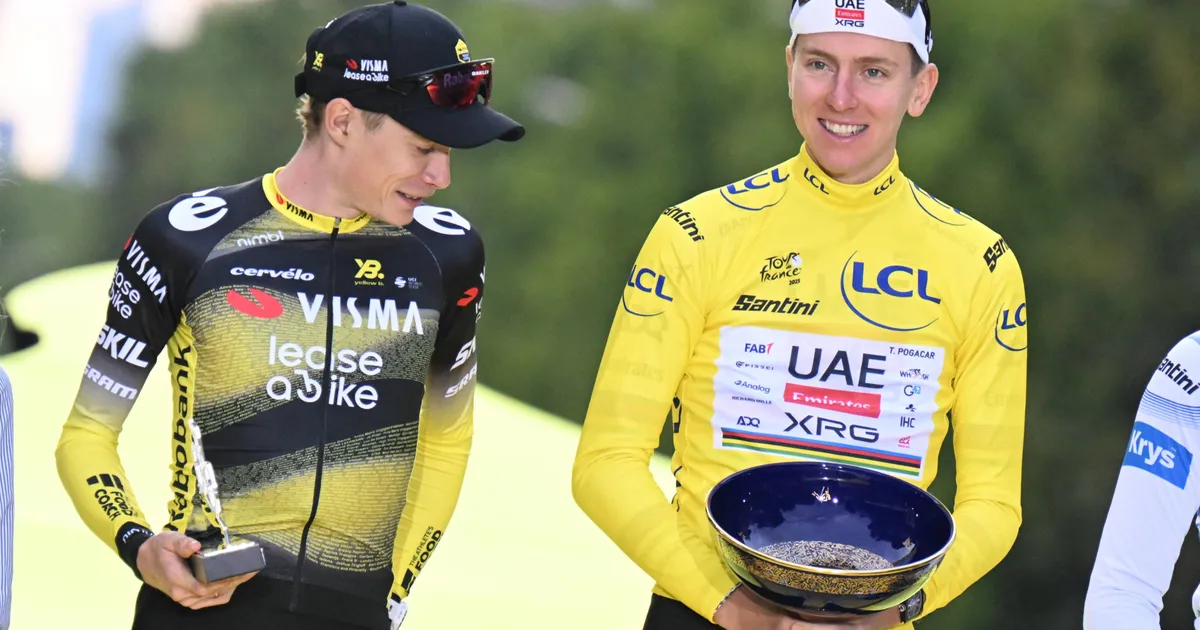It didn’t take long for the cycling world to bite back — and few more forcefully than former professional and DS turned commentator Brian Holm, who pulled no punches in his rebuttal during an episode of the Café Eddy podcast. “I couldn’t even be bothered to read it. I don’t know if he actually said it. But if he did, it’s downright disrespectful — bordering on idiotic.”
Holm, who raced professionally during the 1980s and 90s, went on to serve in management roles at Soudal – Quick-Step after his retirement, and as such has a deep knowledge of the sport. Holm took issue not just with the claim itself but with what he sees as Nygaard’s fundamental misunderstanding of the sport. “Nygaard’s never raced. I honestly don’t think he understands cycling — not at its core. He doesn’t get that cyclists always believe they can win, no matter the odds.”
Far from portraying Vingegaard as a beaten man, Holm pointed to the resilience the defending champion showed — particularly in the closing week of the Tour, where the expected dominance from Pogacar failed to fully materialise. “In the final week, Pogacar couldn’t shake him. To suggest Vingegaard is playing second fiddle is absolute nonsense.”
Holm’s critique also reignited a personal spat with Nygaard, who has previously worked in PR and team management roles but has never raced professionally. In a pointed response on X (formerly Twitter), Nygaard fired back: “Cycling’s answer to Jan Grarup (Brian Holm) says I don’t know a thing about the sport because I’ve never raced. That must be awkward for his co-host, who’s never even worked in it.”
While some interpreted the comparison to Grarup — a photojournalist recently discredited for fabricating parts of his reporting — as an attack on Holm’s integrity, Nygaard later clarified that his remark referred more to attitude than scandal. “Denim, macho jewellery, I’ve been there and done that, everyone else is a soft lad, my era was the toughest — that kind of thing,” he posted in a follow-up.
Behind the media barbs lies a more enduring question: what defines greatness in cycling? Is it dominance over rivals, the number of Tours won, or the quality of the opposition? And how do we measure a rider like Vingegaard — already a two-time Tour champion, yet often painted in the media as more methodical than mercurial?
Holm, for one, doesn’t see the need to choose. “Pogacar is a generational talent. But so is Jonas. That’s why they’re so good — because the other one is there,” he concludes.

